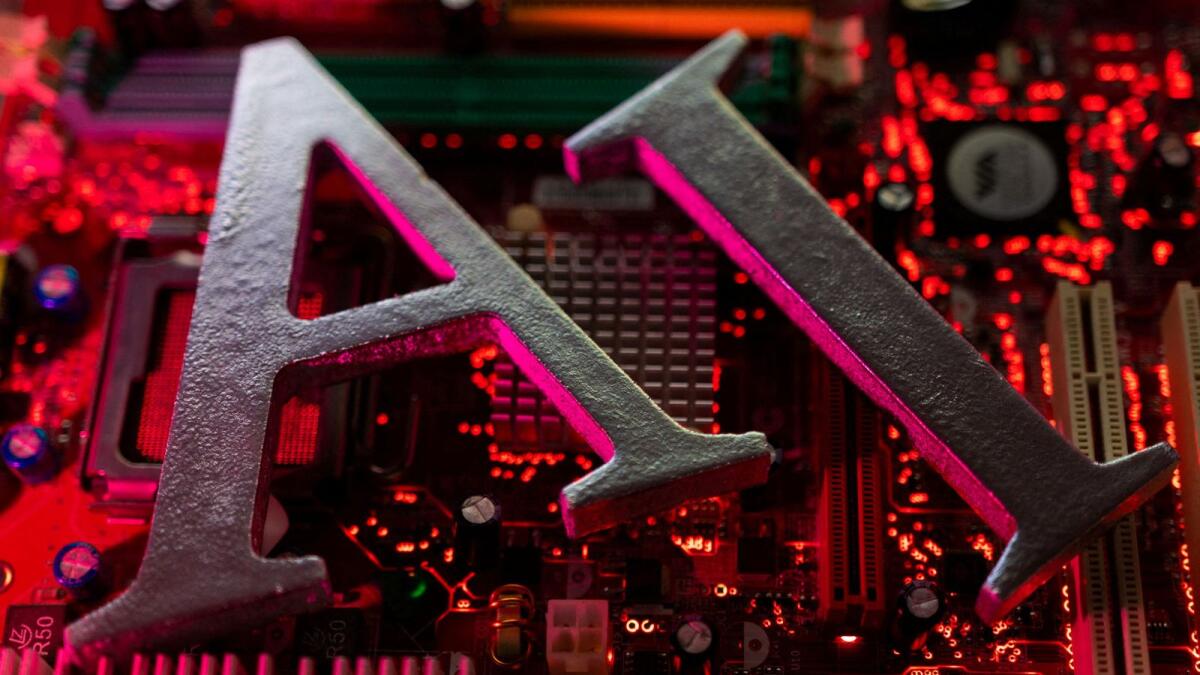AI-Written Books: Threats and Opportunities in the Publishing Industry
The rapid advancements in artificial intelligence (AI) are raising concerns in the publishing industry, from the proliferation of low-quality computer-written books to potential copyright violations. The launch of ChatGPT, an AI chatbot that can generate essays within seconds, has intensified these worries. At the Frankfurt Book Fair, industry players expressed a sense of insecurity and grappled with questions about the ownership of new content and its place in value chains.
The threat posed by AI writing programs is undeniably significant. Budding authors can now produce novels in a matter of days, a process that previously took months or even years. Amazon’s e-book self-publishing unit has seen a surge in titles listing ChatGPT as a co-author. However, critics argue that the quality of these works is subpar, and they do not perceive a significant threat from AI at this time.
Renowned British author Salman Rushdie shared his experience with an AI writing tool during a press conference at the fair. When asked to generate 300 words in his style, the tool produced “pure garbage” that was unmistakably different from his own writing. Rushdie expressed little alarm, stating that he doesn’t see AI as a major concern yet. Similarly, German author Jennifer Becker highlighted the shortcomings of AI-generated fiction, emphasizing that fully outsourcing writing to AI would not result in compelling books.
Despite these reservations, industry players acknowledge that some areas are more receptive to working with AI. Susanne Barwick, Deputy Legal Adviser of the German Publishers and Booksellers Association, noted that the fields of science and specialist books have been more open to AI integration. Fiction, however, still faces skepticism due to perceived risks.
The relationship between artificial intelligence and publishing also raises several legal challenges. One major concern is determining the ownership of copyright for AI-generated content. Fair Director Juergen Boos described this issue as a “huge theme” with significant financial implications. Notably, top authors such as George RR Martin, John Grisham, and Jodi Picoult recently filed a class-action lawsuit against OpenAI, the creator of ChatGPT, alleging copyright infringement.
Translation poses yet another challenge, as AI may struggle to capture the nuances and subtleties required in complex literature. Efforts are being made to clarify when AI has been involved in the production of a book. Amazon, for instance, has introduced guidelines that require authors to disclose if their work includes material generated using AI.
Amidst the concerns, there are also opportunities arising from the intersection of AI and writing. For example, AI can be utilized in producing stereotypical romance novels, bringing relief to those who no longer wish to engage with such content. Overall, the future of AI in the publishing industry remains a topic of interest, with stakeholders grappling with the balance between technological advancements and maintaining the quality and integrity of literary works.

I have over 10 years of experience in the field of cryptocurrency and blockchain technology. I have attended numerous conferences and events around the world, and my work has been featured in major publications such as CoinDesk, Bitcoin Magazine, and Yahoo Finance.

